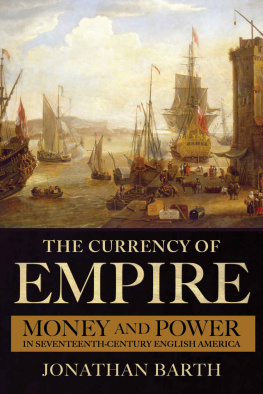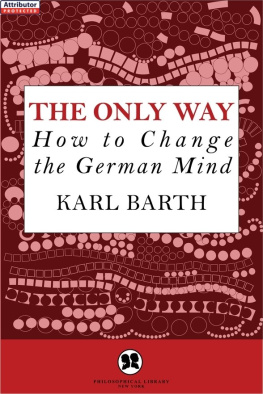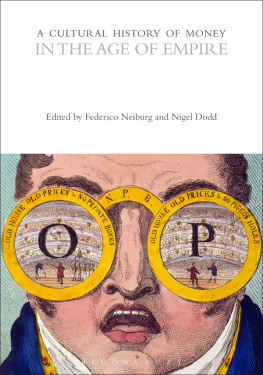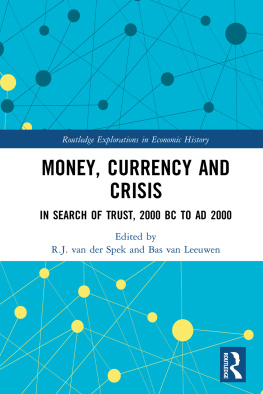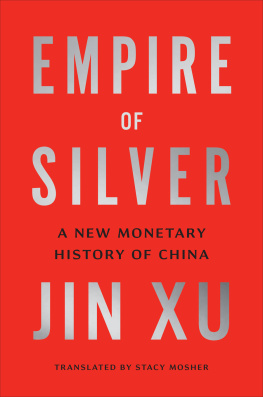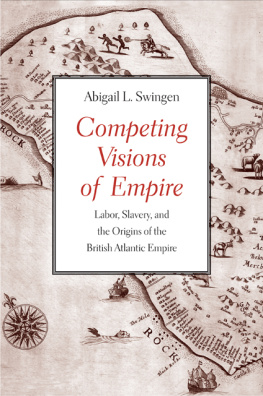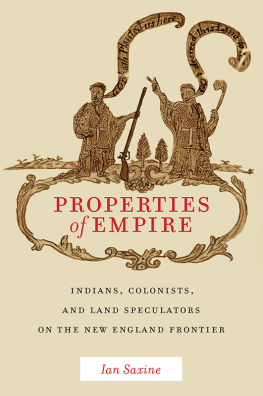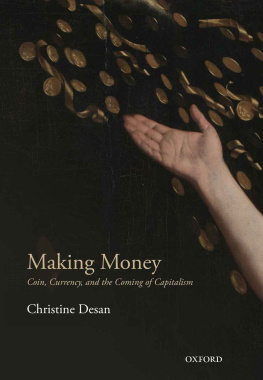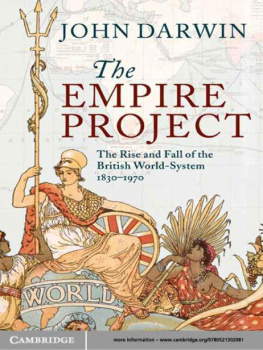Is sure to speed by sea or land.
His fortune is a great deale worse.
Introduction
This book examines the pivotal role that silver and gold money played in the formation and working out of Englands American colonial project in the seventeenth century. The book argues, first, that money was the primum mobile, or prime mover, of English imperial action and overseas activity, including the impulse for colonization, the regulation of colonial trade, and the introduction of certain fundamental changes in imperial colonial administration. Second, the book argues that money was also a chief catalyst for colonial resistance to that same mercantilist order, an order that many colonists believed prejudiced or wrongly subordinated their economies to imperial or London interests. This colonial resistance, propelled in large measure by money-related matters, grew stronger and more virulent as the century proceeded, until much of it dissipated with the onset of a new imperial age after the 1690s.
By analyzing the close relation between money, trade, and political power, this book seeks a more comprehensive explanation for the many tensions that prevailed in the seventeenth century between empire and colony. New perspectives on a number of seminal events and developments arise from viewing the early empire through a currency lens. John Pollexfen, a founding member of the Board of Trade, argued in 1697 that Trade and Coyn have such a dependence one upon the other, that they could not well be considerd distinctly. I agree with that statement but extend it to also include empire and politics, both of which have such a dependence on moneyand vice versathat the study of one requires considering the other. Money, as an object of historical study, possesses unique explanatory power. This book will demonstrate how and why pecuniary mattersmatters of or relating to moneywere so critical to this period. In so doing, I hope to shed additional light on many of the most important economic and political hallmarks of the first one hundred years of Englands empire in America.
The passing of Queen Elizabeth in 1603 closed an important first chapter in the history of the early English empire. The city of London, formerly a peripheral outport confined to simple exchange across the Channel, was now a major commercial hub, home to a host of cosmopolitan-minded merchants with direct trading relationships in Mediterranean, Baltic, and East Indian markets.
Still, the achievements of the Elizabethan age paled in comparison with what was to come. In the seventeenth century, Englands overseas dominions and commercial interests transformed in ways that few earlier could have imagined possible. By the final decades of the seventeenth century, London seemed poised to become the General Emporie of the World, as one writer put it.
The interests of trade and state had never been so tightly wrapped together as they were in the seventeenth century. Overseas trade was indispensable to the English government, boosting its revenue and helping to finance the growth in state institutions. In turn, English governmentthe navy, bureaucracy, and laws protecting English commercial interestsproved indispensable to the ever-growing troop of cash-loaded merchants in London, of whom approximately one thousand had some sort of trading connection to colonial America by 1700. By that date, Englands commercial interests and dominion spanned the world: an empire of trade, an empire of money.
Silver and gold were the currency of empire. They drove imperial action; they made the empire move. Money is the primum mobile which moves the Spheres, a prominent English merchant wrote in 1679; its the sovereign cordial, which gives life to all noble Actions and Designs.
As prime mover, silver and gold figured prominently, even centrally, in Englands dealings abroad. This was particularly true in colonial America, and that is the central concern of this book. Whether the enterprise was private or public, commercial or political, much of Englands overseas activity in this period had as its general goal or justification the promise of a quantifiable increase of silver and gold in public and private coffers in England, especially London. This pecuniary motive and rationalethe raison dargentfound its intellectual basis in the predominant mercantilist ideas of the day. Experience and conventional wisdom taught that a greater supply of silver and goldprocured through a favorable balance of trade, or trade surpluswas the most important prerequisite in securing national power, prestige, security, and plenty. Mercantilist ideas about money and foreign trade informed everything from overseas commercial regulations to war and diplomacy, the conquest and colonization of faraway lands, and the administration from London of colonial dependencies. Greatness, wealth, and glory were the end, money was the indispensable means, and colonies were among the most important means to acquiring that money.
One reason for the mercantilist fixation on silver and gold was their preeminent role in state formation. The two metals financed the building of vast armies and navies, sustained expansive bureaucracies, and nourished a relatively prosperous people and mercantile community primed for taxes and lending to government. Merchants financed state activity through loans and taxation. A stronger, more robust state, in turn, secured expanded markets for merchants, which fattened their pockets and made them all the more ready to finance state activity: Money being, as one writer described it in 1693, the very Life of War, and Sinews of all Publick Action.
Yet there also existed a certain scarcity to silver and gold, even as they emanated so profusely from Mexican, Peruvian, and Japanese mines. The supply was necessarily limited; a state could not simply will more into existence like paper money from a printing press. Thus, in the wake of new mining discoveries in the Americas and Japan in the sixteenth century, rival empires positioned themselves to become masters of the worlds metallic output. The major economic question of the day regarding foreign trade was how to acquire more of the two metals and then how to retain them. This, in turn, led to the corollary question of how the state might optimally intervene to support such economic action, usually through restrictions or prohibitions of some sort or another.
The international scramble for money in the mercantilist age rested not on mining per se but on the so-called balance of trade. The balance-of-trade doctrine was the chief cornerstone of mercantilist thought. Mercantilist prescriptions for the economy were numerous, highly varied, and often incongruous. Yet all derived from this fundamental axiom. All mercantilists agreed that a country ought to export more goods on balance than it imported. Trade deficits drained money from the country, trade surpluses provided a country new money; the former was unfavorable, the latter was favorable, and the state should always stand ready to intervene on behalf of that balance. Subscribing to this principle was what made a mercantilist a mercantilist. Despite frequent and vehement disagreements on particular points of policy, consensus reigned among mercantilists on the issue of the trade balance. The doctrine provided a coherent, cohesive element to mercantilism, which otherwise was quite heterogeneous.
A favorable trade balance fulfilled the pecuniary imperative. It rendered mines entirely unnecessary. The English learned this lesson early in North America. Some at first were severely disappointed in the lack of mines on the eastern part of the continent. And yet through proper control and economic regulation, Englands American empire soon proved a mercantilist bonanza, vastly improving the kingdoms overall trade balance and hence Englands supply of money. All depended on this balance and on proper use of state power to improve it. The Theory of Trade is a Princely Science, and the true Regulation of it the Key of Empire, wrote William Wood, one of the most prominent mercantilist thinkers of the early eighteenth century.

